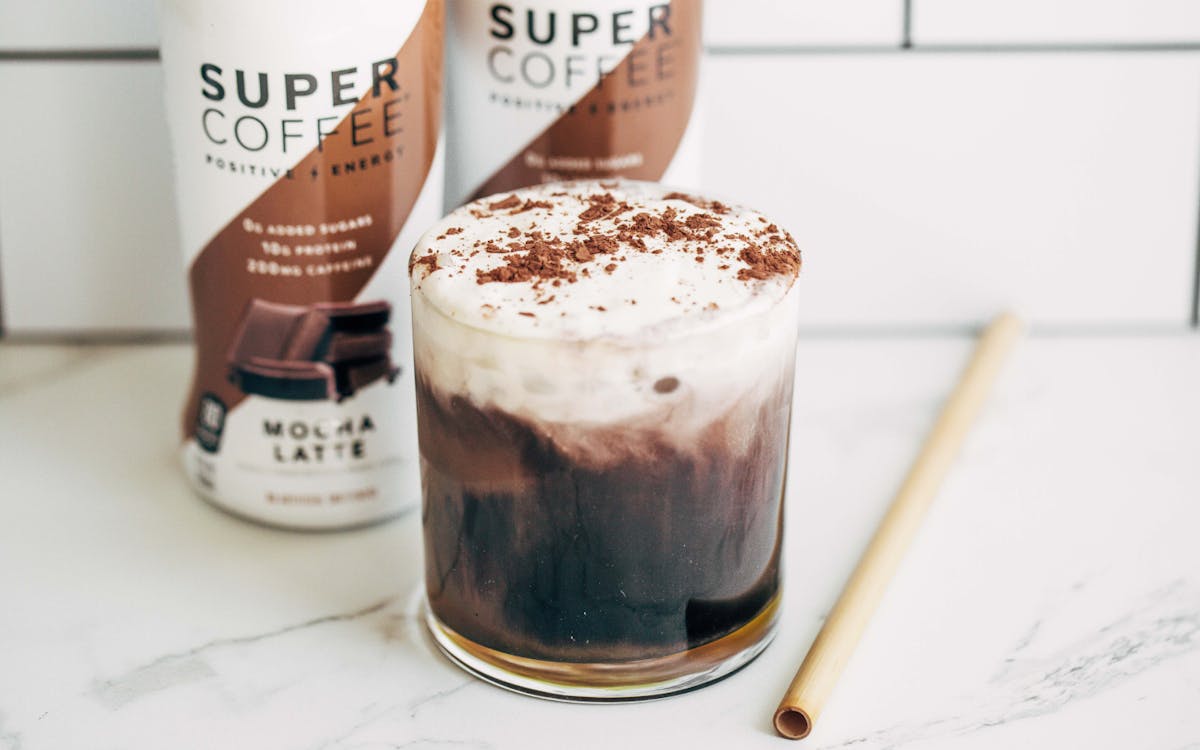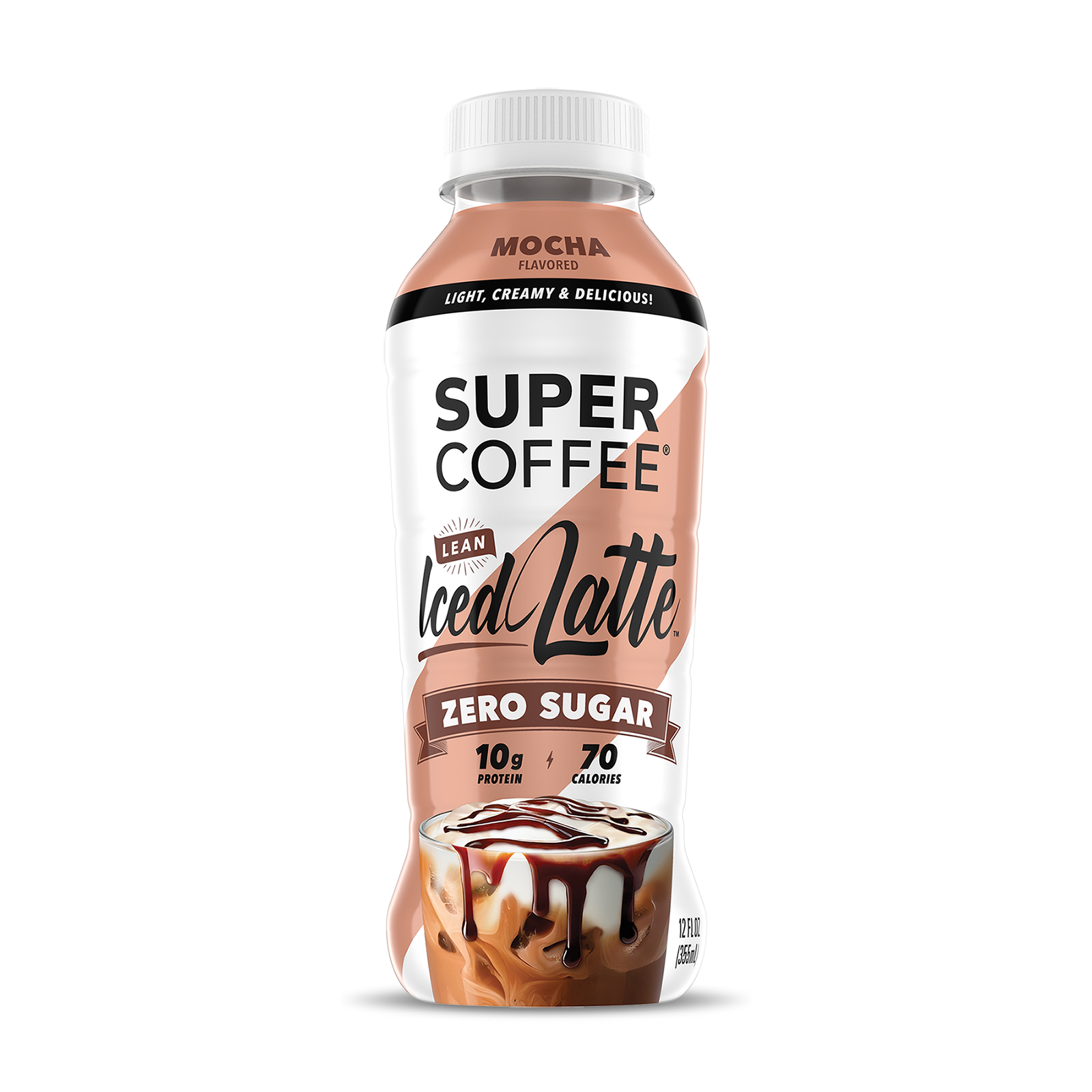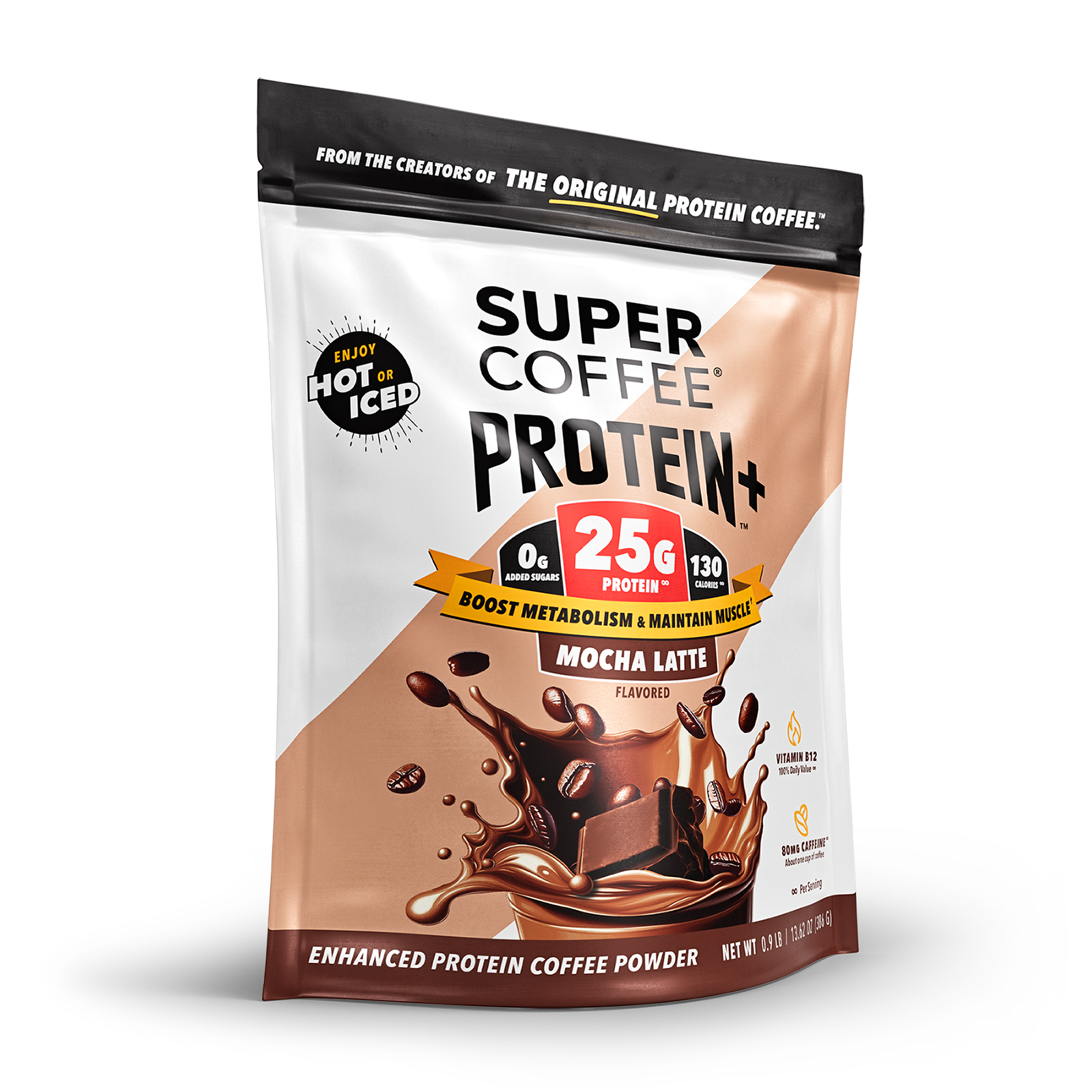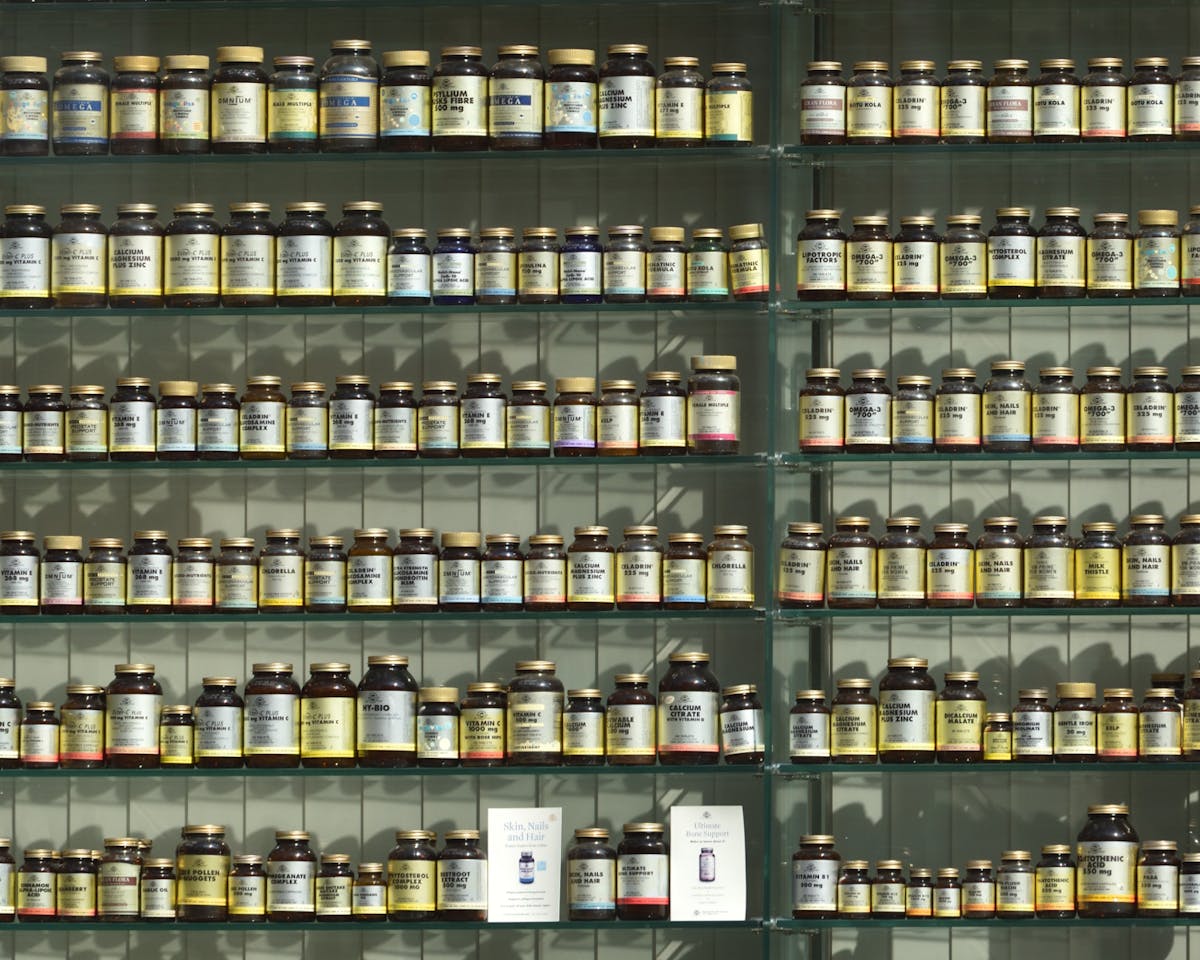Your cart is empty
The keto diet forces big changes in the way your body functions.
- Keto puts your body into the metabolic state called ketosis, in which it has to switch to an entirely new mode of energy generation and utilization.
- Reaching and achieving ketosis affects the performance of the liver, brain, heart, kidneys, pancreas and other organs in the body.
- The keto diet requires major adjustments to the foods you eat, possibly reducing the amounts of important nutrients your body receives.
Those changes put high levels of stress on the body. And the body may need some “extra help” in order to handle the changes, remain in ketosis without major side effects, and shed the type of weight you expect to lose when undertaking a ketogenic eating plan.
That extra help can be supplied by keto supplements.
Many books and websites suggest a wide range of supplements, but not all of them are necessary or even helpful.
Which do you need on keto, and which should you avoid?
Let’s find out.
Physical Changes That Occur In Ketosis
In everyday life, the body gets the energy it needs from a form of sugar known as glucose (sometimes called blood sugar). The body creates that glucose by breaking down the carbohydrates we eat, and it stores unused glucose either as glycogen in the liver and muscles or as body fat.
The keto diet changes that process.
In order to get into – and stay in – the fat-burning mode called ketosis, you have to drastically reduce the amount of carbs you eat. Without a ready supply of carbs, the body can’t manufacture glucose for energy. So it uses up its stored glycogen, which lasts 24 hours at most.
The muscles and organs can live on fatty acids, which are produced when the body’s fat stores are broken down. But for the brain to survive, it needs a different energy source.
That focuses attention on the liver, which is able to convert amino acids into small amounts of glucose. During that process called glucogenesis, molecules known as ketone bodies (more commonly referred to as ketones) are created, and they move through the bloodstream to the brain. (1)
Fortunately, when there’s no glucose available, the brain works quite well on ketones. In fact, studies suggest that it works even better on ketones than on glucose, and that ketone bodies may provide a neuroprotective effect as well. (3)
It seems like this story has a happy ending: the body functions properly on ketones, and when the stored fat is burned it leads to significant weight loss.
There can be some complications, though.
Why Some Keto Supplements Could Be Necessary
Nutrient Deficiencies
One of the issues that low-carb dieters, particularly those on keto, can experience is a deficiency in vitamins and minerals. (4) That happens for two reasons on a ketogenic diet.
- Stored glycogen binds to water. And when your glycogen is for fuel, the water is released as urine. Also, when the body has excess ketones it needs a way to get rid of them, so it releases them in urine. The bottom line is that you urinate a lot on keto, particularly in the first week. That causes a problem, though: the body excretes lots of sodium, magnesium and potassium in urine, which can lead to a deficiency in those minerals.
- Meanwhile, when switching to keto-friendly foods, you’ve eliminated some of the foods from your diet which would normally supply the essential nutrients that the body needs.
Some people on keto do still get enough nutrients from their diet to prevent deficiencies. But many don’t, particularly while they’re starting keto and in the process of achieving ketosis. That’s when they experience what’s called the “keto flu,” a collection of symptoms quite similar to an ordinary flu but caused by dehydration and nutrient loss. Those on a vegan keto diet are also at higher risk for mineral deficiencies.
The best approach is to be on the lookout for the signs of mineral deficiencies. They call for either supplementing your diet with foods high in the minerals you’re missing, or with supplement pills if necessary.
Sodium Deficiency
Symptoms: Weakness and fatigue, loss of focus, headaches
Solutions: Put extra salt on food (preferably pink Himalayan salt or sea salt), drink bouillon or broth.
Potassium Deficiency
Symptoms: Muscle cramps or twitches, increase in heartbeat
Solutions: Eat lots of avocado, Swiss chard, spinach, mushrooms and broccoli, salmon, flounder, or meat, or take potassium supplements if absolutely necessary (too much potassium can cause medical issues or complications).
Magnesium Deficiency
Symptoms: Muscle cramps, weakness, nausea
Solutions: Eat magnesium-rich foods like hemp or pumpkin seeds, Swiss chard, leafy greens, mackerel, almonds or dark chocolate, or take 400mg magnesium glycinate supplements daily.
Calcium Deficiency
Symptoms: There are few signs of early calcium deficiency, but in its earlier stages it can eventually cause muscle spasms, cramps or tingling, memory loss, depression and brittle nails
Solutions: Since milk is out, consume more allowable dairy products, fish, broccoli, kale and almond milk. Also be sure to get enough vitamin D (from sun exposure, fatty fish and beef liver, or supplements), which the body needs in order to absorb calcium.
Those eating a proper, balanced keto diet will usually find that mineral deficiencies ease after achieving ketosis, but it’s still important to watch for the warning signs. Also, it’s crucial to drink plenty of water to replace the fluid lost during urination. Don’t be tempted by electrolyte drinks, though, because most contain a lot of sugar and will throw you right out of ketosis.
Vitamins
We’ve already addressed vitamin D, but also be sure to get enough vitamin A; you often need more of it if you are taking D supplements. You might also need additional vitamin C if you’re not eating enough vegetables, since you won’t be getting it from citrus fruits on a keto diet. Folate (vitamin B9) is a good choice as well.
The first thought many keto dieters have is that a multivitamin will ensure that they get all the vitamins they may need. Unfortunately, most multivitamin pills contain artificial nutrients or ineffective forms of some vitamins.
The better solution is to take greens powder. It supplies all essential vitamins derived directly from plants, in a powder form that’s easily absorbed by the body. Of course, the best solution is to increase your intake of healthy, vitamin-rich foods instead.
Difficulty Staying in Ketosis
Staying in a metabolic state of ketosis isn’t always easy. A couple of dietary mistakes (or a day of cheating) and you could be back where you started, burning carbs instead of ketones.
One method of staying in ketosis is to take MCT oil supplements. MCT stands for medium-chain triglycerides; the name describes a type of fat which is quickly absorbed by the body without having to be digested, and is then transformed into ketones by the liver. (5) MCTs also appear to have antibacterial properties, as well as benefits for brain health. (6)(7)
MCTs aren’t available in many food sources. The MCTs best-suited to ketone production (C8 caprylic acid and C10 capric acid) are found in coconut oil, palm oil and some dairy fats, but not necessarily in the amounts that can help you stay in ketosis. (8)
MCT supplements are available in oil and powder form, and also in slower-acting capsules. Many people simply add the oil or powder to keto smoothies every day. Just be sure that the supplement contains at least 50% caprylic acid (C8); more C8 is even better.
Other Helpful Supplements
Vitamins, minerals and MCT oil are the best keto supplements, but there are others which may also be helpful.
- Digestive enzymes: Many people transitioning to ketogetic eating, and even some who have been on keto for a while, experience nausea or gastrointestinal issues like diarrhea. That’s because they may be eating more fat and protein than their GI system is used to, making digestion difficult. Enzymes can help ease the transition and relieve the discomfort; lipase is the most important one, because it helps break down dietary fats.
- Omega-3 fatty acids: It’s common knowledge that these fatty acids, commonly found in fatty fish, seeds and avocado, are dietary superstars. Among other reasons to consume them, Omega-3s have strong anti-inflammatory properties and are known to help fight heart disease. (9) They’ve also been shown to provide important health benefits like lowering insulin resistance, blood pressure and cholesterol levels, and helping with weight loss when combined with the keto diet (10). They’re sold everywhere as fish oils, and they’re a good addition to a ketogenic lifestyle unless the diet is already very heavy on fish and nuts.
- Fiber supplements: A keto diet dramatically reduces the amount of carbs you eat. That means eliminating foods like whole grains and potatoes, terrific sources of dietary fiber on a normal meal plan. Dietary supplements are the best way to be sure you’re getting enough fiber to maintain a healthy digestive system and prevent constipation.
- Chromium supplements: Chromium is a mineral which helps regulate blood glucose, and many on keto have found that the supplements can help fight sugar cravings.
- Green tea extract: Green tea is often used by dieters to suppress their appetite and boost their metabolism. It also helps regulate blood sugar and may help with cravings.
The Keto Supplement Which Isn’t Necessary
Some diet gurus – and many supplement manufacturers – push something known as exogenous ketones as a crucial keto supplement.
Exogenous means “derived externally.” So exogenous ketones aren’t produced by the body. They’re ketones you consume, usually in a drink.
The companies that sell this product claim that “adding ketones” will ensure that you stay in ketosis. Many also claim that exogenous ketones help you burn fat more quickly and boost your energy levels, and some even claim they can put you into ketosis. There are several problems with those claims.
First, there are two different types of exogenous ketones, ketone esters and ketone salts. Ketone esters are a combination of ketones and a ketone precursor, and appear to be the more effective type. (11) However, they’re almost impossible to find in stores or online.
Ketone salts are the ones you’ll commonly find for sale. They’re usually the ketone known as beta-hydroxybutyrate (BHB) attached to sodium. And there’s no scientific evidence that BHB salts do anything to put you into or keep you in ketosis. In truth, some scientists believe that having high blood ketones levels can actually slow down fat burning.
Add in the horrendously expensive price of exogenous ketone supplements, and you’re better off letting your body generate ketones on its own.
Blog posts

Cold, creamy and delicious - This chocolatey cold brew recipe is the perfect treat to kickstart your morning! The Recipe Chocolate Cream Cold Brew Prep Time: 1 minutes Cook Time: 5 minutes Ingre...

Indulge in the warm embrace of autumn with Pumpkin Spice Snickerdoodles - soft, spiced, and utterly irresistible! The Recipe Pumpkin Spice Snickerdoodles Prep Time: 10 minutes Cook Time: 1 hour ...

Low Carb Berries & Cream Waffles
These low carb/low sugar waffles are delicious, wonderfully crispy on the outside, and fluffy on the inside. You can also double batch and freeze for easy weekday breakfasts. Featuring our almost-...

This may be the most fun latte recipe we’ve tried yet! With gooey & decadent black chocolate drizzle and a thick layer of creamy French Vanilla, just one sip of this iced latte will transport ...

Strawberry Sprinkle Keto Coffee Recipe
Nutritional Info Calories: 274 Fat: 26.7g Carbs: 5.7g Protein: 4.5g Sugar: 2.1g Ingredients 3 strawberries, sliced. 3-4 tbsp heavy cream or half & half. Enough ice to fill a glass. 1/2 cup S...

8 Healthy Coffee Recipes That Are Better Than Starbucks
There’s no question about it. Coffee is good for you. Those who don’t like black coffee, of course, commonly add milk, cream and sugar – even if that also means adding calories, fat or carbs to the...





